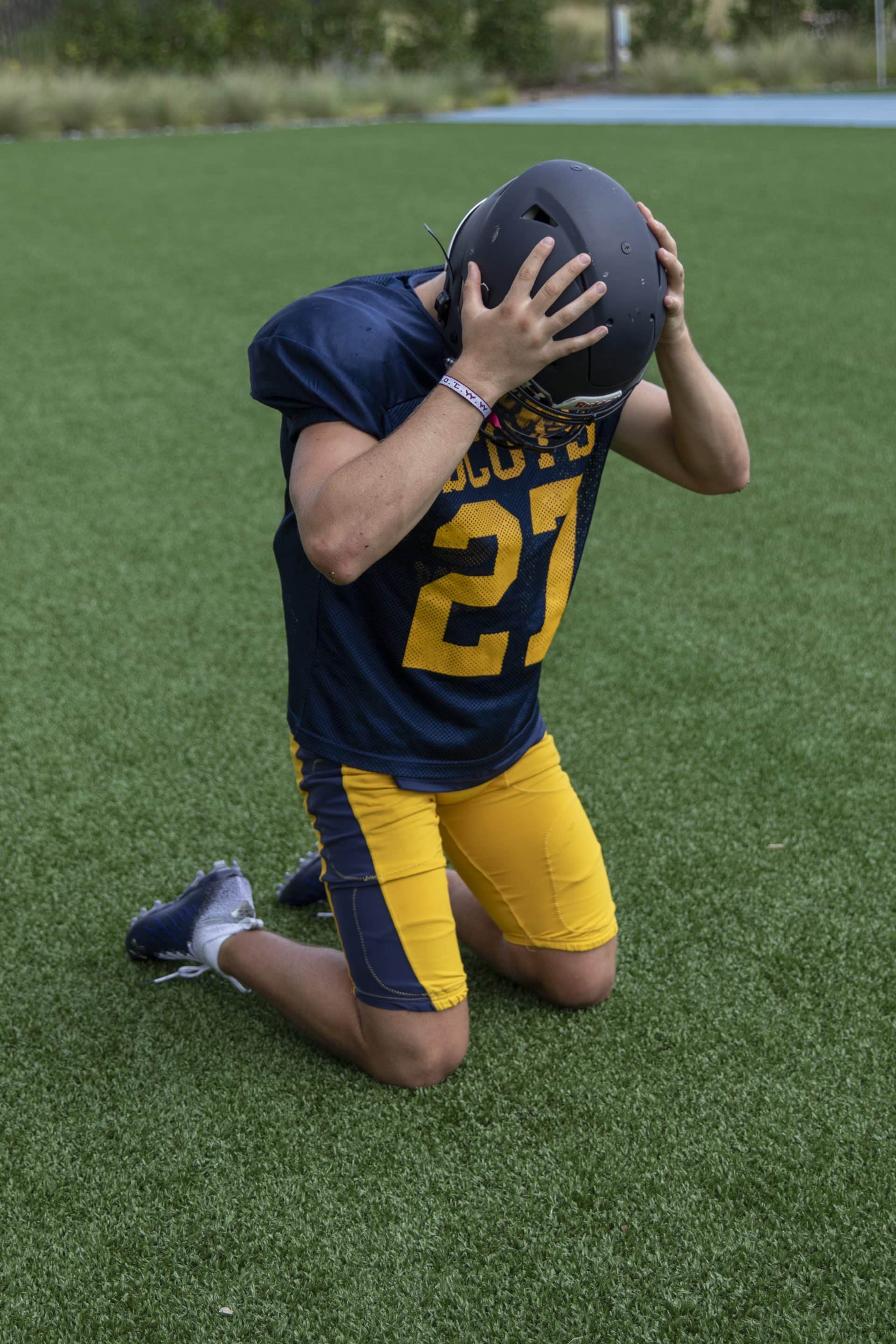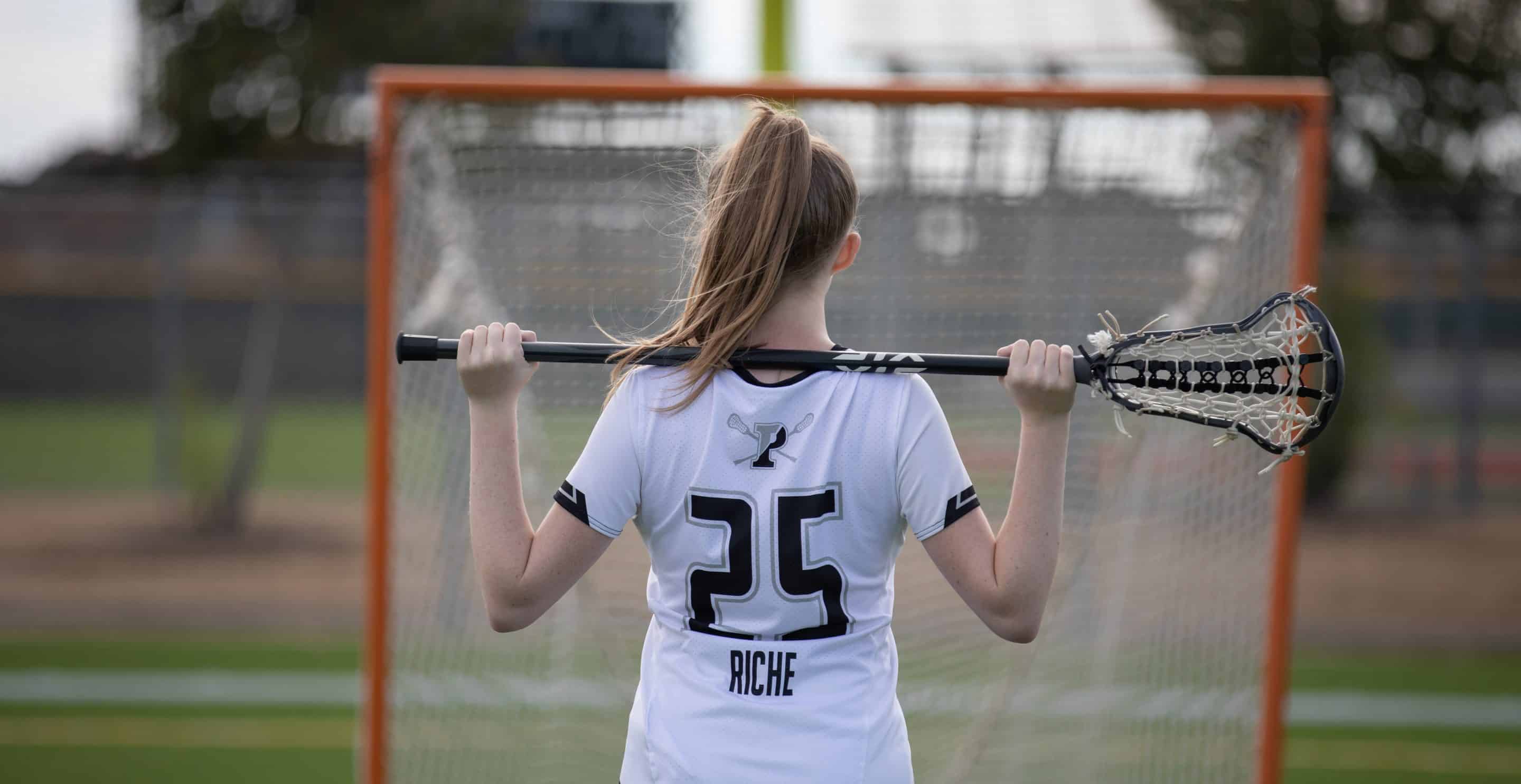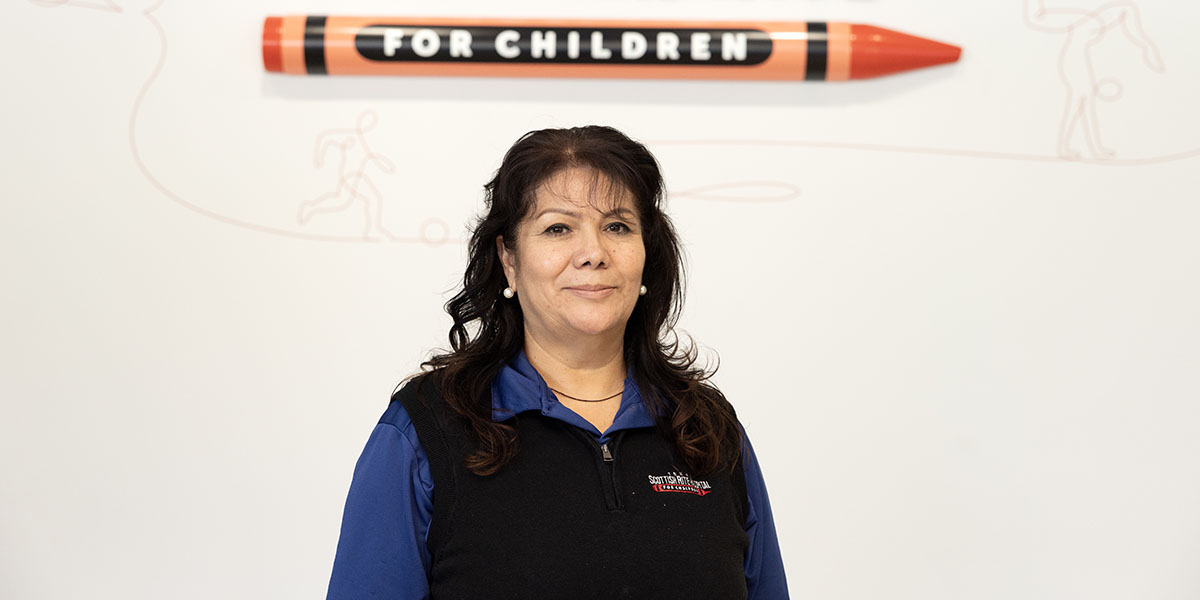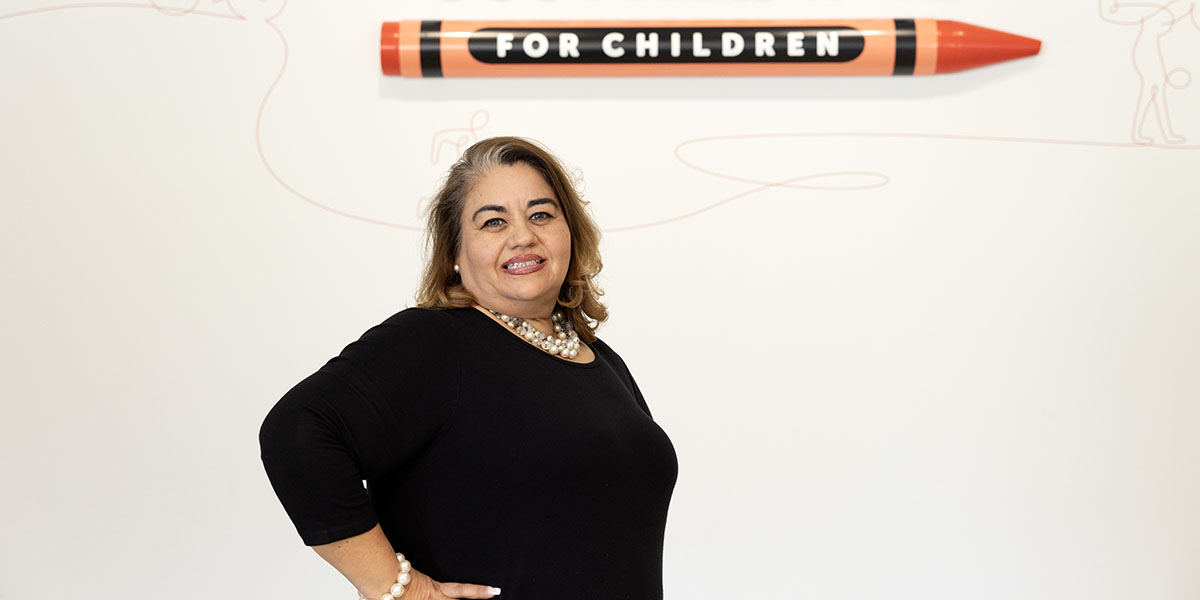
A concussion is a type of traumatic brain injury, and if your child has experienced one, there are many ways you can support their recovery process. One of the most important ways you can help is by ensuring your child gets plenty of rest. For many years, it was thought that sleeping with a concussion was unsafe. Current evidence encourages parents to promote and protect rest, as it helps the child’s brain recover.
“We now know that it is safe to sleep after a child has been medically diagnosed with a concussion by a medical provider,”pediatric sports medicine physician Jane S. Chung, M.D., says. “Unless your child’s provider says otherwise, let your child sleep without interruption.”
First Steps to Recovery After a Concussion
If your child has a head injury and displays symptoms of a concussion, immediately remove them from activities that put them at risk for a repeat head injury, such as athletic practices or games. You should take your child to see a provider with experience in concussion management. In addition to concussion testing, these providers are experienced at evaluating brain function and the consequences of the injury.
Signs of a concussion observed by others can include:
- Appearing dazed or stunned
- Confusion
- Forgetting plays
- Being unsure of game, score or opponent
- Exhibiting unsteadiness
- Moving clumsily
- Answering questions slowly
- Losing consciousness (getting knocked out)
- Memory loss
- Being more sleepy or tired than usual
- Seeming sad, nervous or anxious
- Being irritable, easily frustrated or upset
- Having problems with academic performance
- Slow to get up after a fall, collision or blow to the head
- Clutching the head after an injury
- Sleep problems

Concussion symptoms felt by the athlete can include:
- Headaches
- Concentration or memory problems
- Nausea
- Balance problems or dizziness
- Double or blurred vision
- Feelings of being “in a fog” or slowed down
- Sensitivity to light or noise
- Confusion
- Just “not feeling right” or “feeling down”
A concussion evaluation includes a variety of physical exams, tests and computerized neurocognitive testing, as needed. If your child is diagnosed with a concussion, their provider will give you advice about what your child can and can’t do in the days immediately following the injury. Most importantly, your child should avoid activities, practices and games that increase their risk for a repeat head injury until cleared by their medical provider.
Your child’s doctor will work with you to determine when your child can progressively return to school, practices and games. Returning to activities too early can cause worsening symptoms and delayed recovery.
How Much Sleep Your Child Needs
Your child’s doctor will encourage you to make sure sleep is part of the recovery plan. “Sleep plays an important role in a child’s growth and development,” Dr. Chung says. “Following a concussion, sleep is even more important to allow brain healing and recovery. We encourage at least 9 to 10 hours of sleep every night during concussion recovery in our teenage patients.”
As your child recovers, take the steps to help them get good-quality sleep. You can improve your child’s sleep habits with these tips:
- Help them create a wind-down routine. Your child should avoid energy drinks and caffeine, especially close to bedtime. If your child has a hard time falling asleep, develop a sleep routine that helps prepare your child to sleep. They can try taking a warm bath or shower, you can read them a story or help them find other relaxing activities to signal their brain and body that it’s time for bed.
- Create a sleep-friendly environment. Your child’s bedroom should be quiet and comfortable. If the room gets lots of sunlight, you can use blackout curtains and keep the room cooler.
- Stick to a sleep schedule. You should ensure your child goes to bed and wakes up around the same time every day. Avoid long naps during the day. They may take brief short naps during the day, no more than 30 minutes, if needed. However, we encourage kids to go to bed earlier if they are feeling tired, rather than taking prolonged naps during the day, as it can negatively affect their circadian rhythm.
- Turn off electronics. Computers, televisions and other screens produce a blue light that can keep kids awake. Your child should avoid electronics at least one to two hours before bedtime.
In addition to ensuring good-quality sleep, keep an eye out for sleep problems. In research conducted at Scottish Rite for Children with patients who had a sport-related concussion, experts learned poor sleep quality can be associated with prolonged concussion recovery and delayed return to sport compared to those athletes who had good sleep quality.
Talk with your provider if your child experiences:
- Difficulty sleeping at night. Frequent naps can make it hard for your child to sleep at night.
- Lack of improvement in symptoms. A normal concussion resolves within two to four weeks.
Another study published in the Journal of Clinical Sleep Medicine by our sports medicine team suggests that after a concussion, sleep quality may be affected.
Does your child need help recovering from a concussion? Call 469-515-7100 to schedule an appointment with a sports medicine specialist at Scottish Rite for Children Orthopedic and Sports Medicine Center.














